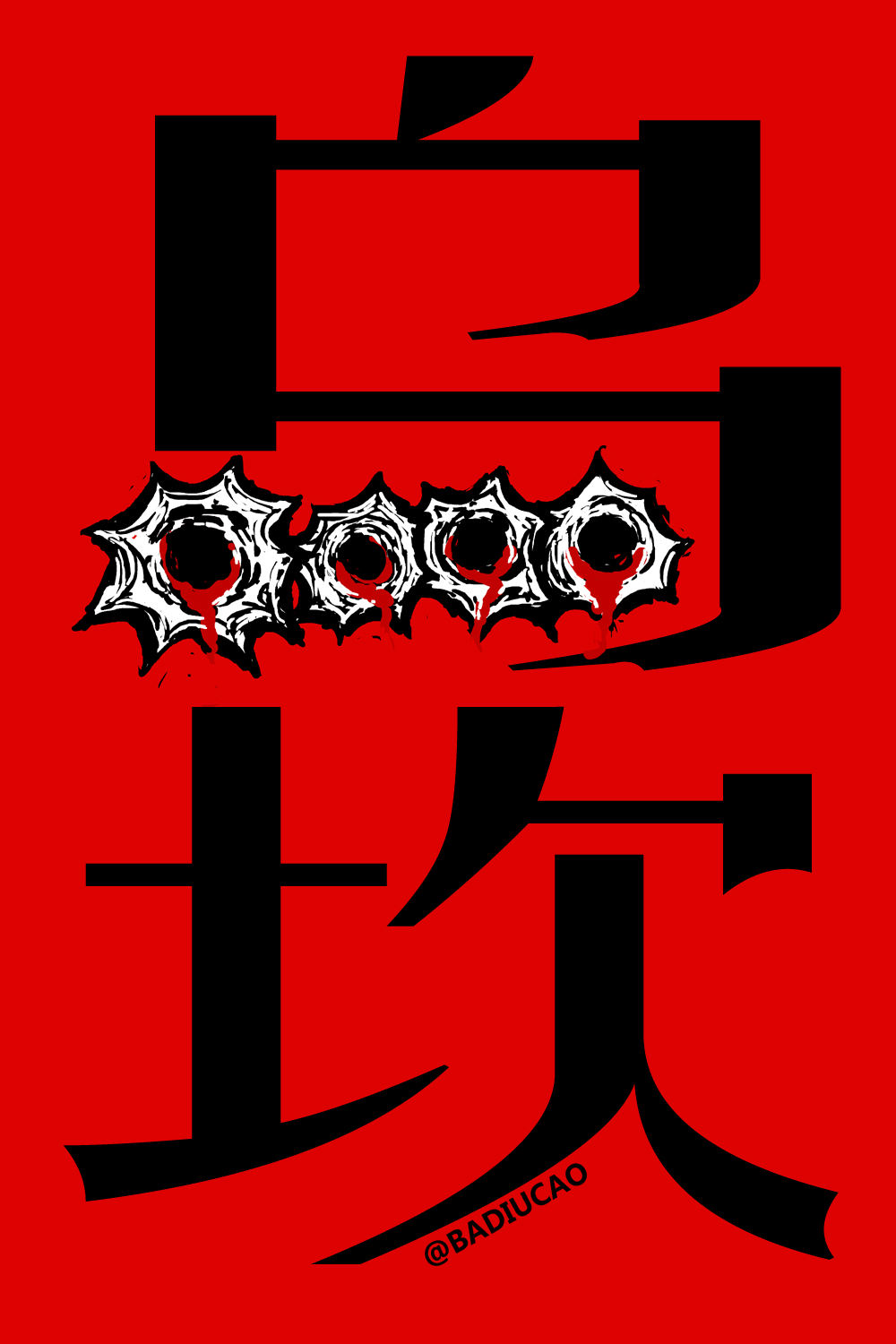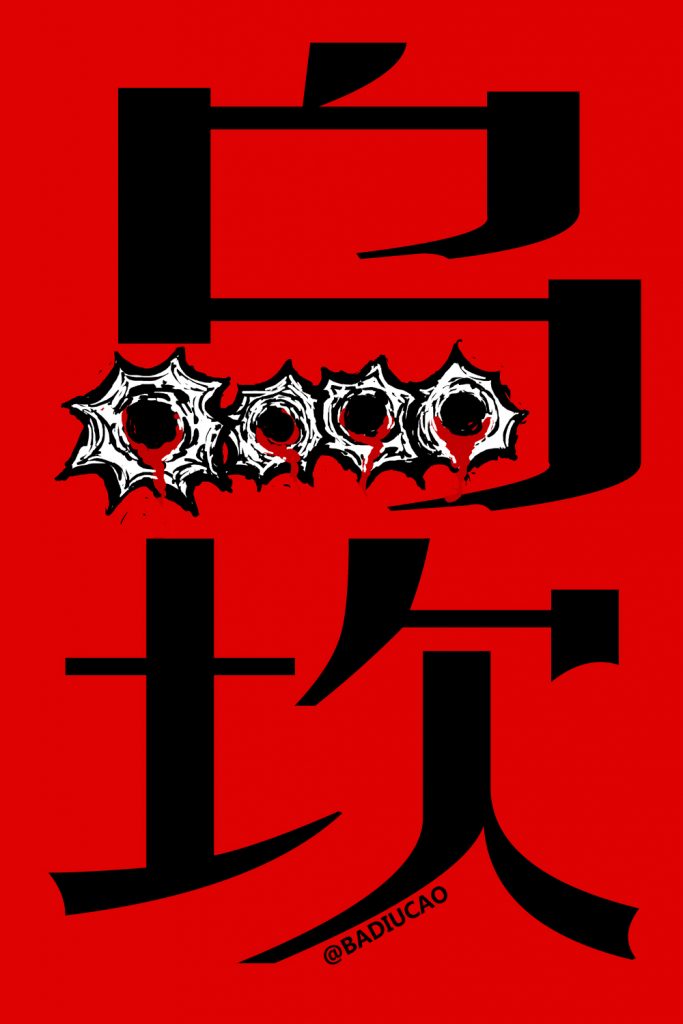At Reuters, Venus Wu and James Pomfret report that riot police in Wukan, Guangdong fired rubber bullets and tear gas amid a violent clash in the village on September 13:
Human rights activists in Hong Kong, about a four-hour drive to the southwest, believe the crackdown could represent an unprecedented push to silence Wukan, whose villagers received international attention after an 2011 uprising led to authorities granting direct village-wide elections.
[…] Villagers, including old people, pelted police with bricks as they advanced with shields, batons and helmets, with clouds of tear gas wafting down the street, video footage seen by Reuters showed.
[…] One Wukan resident reached by Reuters by mobile phone said riot police hit people with batons, setting off tear gas grenades and firing rubber bullets at villagers, including old people.
He said police had entered the village in their “thousands”. Others said between 300 and 400 police were involved in the operation, including house-to-house searches.
“The riot police started attacking and shooting at us,” he said. “They are still fighting now. We want them to leave.” […] [Source]
Following initial reports on the ongoing clash, CDT resident cartoonist Badiucao has drawn the name of the village with bullet holes substituting one crucial stroke.
Blood Flows in Wukan, by Badiucao for CDT:
The small fishing village of Wukan captured international attention in 2011 after villagers launched anti-corruption protests against the official seizure of public land. When a protest leader died in detention that December, public anger reached a tipping point. Continuing demonstrations eventually led to local elections free from the direct Party oversight that normally characterizes the selection of village committees. While the protests and democratic concessions originally won public support, by 2014 many villagers had become disillusioned with the democratic experiment as many of those elected were forced out of office and former leaders regained their influence in local politics.
Lin Zuluan, elected village committee chief in the 2012 local elections and one of the only elected officials to maintain his post, was detained in June on suspicion of abuse of power and accepting bribes. Lin’s detention came the day before he was planning to petition higher authorities over the unresolved land disputes, and sparked a new wave of protest in the village. Small-scale daily protests continued in Wukan for months, with many villagers demanding the release of their former village chief. Lin was sentenced to 37 months in jail on September 9, and village protesters vowed to escalate demonstrations.
Amazing video from #Wukan villagers appears to show a violent standoff between riot police and villagers. pic.twitter.com/EItiemJDXK
— Xinyan Yu (@xinyanyu) September 13, 2016
https://twitter.com/mrbaopanrui/status/775569274521788416
The clash came after authorities arrested 13 people involved in earlier demonstrations. For CNN, James Griffiths and Yuli Yang report, noting that enhanced security measures in the region have led to an information blackout and concern over villagers’ safety from rights organizations:
According to Chinese state news agency Xinhua, the 13 detained overnight were arrested for disrupting public order and inciting illegal assemblies.
“Their behaviors have severely affected local life and production and exerted a bad influence. Police have therefore arrested the 13 according to law, in an effort to safeguard the interest of the masses and restore order,” local police said in a statement published online.
[… Amnesty International’s Patrick] Poon said the village was now on lockdown, “no one can enter, information is blocked.”
“The atmosphere there is very tense,” he added.[…] Poon said Amnesty is concerned that since information is no longer getting out, many more arrests and detentions could take place without being reported. [Source]
Tea Leaf Nation’s David Wertime writes that information controls on the resurgent demonstrations in Wukan mean that “most mainland Chinese have likely not heard much, or any, recent scuttlebutt about Wukan.” On Twitter, the BBC’s Stephen McDonell notes that all foreign journalists are also being turned away from Wukan:
#Chinese police stopping all foreign journalists from getting anywhere near #Wukan We were ordered to leave Even nearby Lufeng is no go zone
— Stephen McDonell (@StephenMcDonell) September 13, 2016
Coverage of the Wukan clash from the AP’s Nomaan Merchant notes an official statement on the arrest of the 13 villagers:
An official statement issued Tuesday said 13 villagers in Wukan were arrested, allegedly for inciting a mob and spreading rumors.
The statement levies several allegations at “a small number of lawless persons,” including disturbing school, preventing fishermen from working and hampering shopkeepers. It says officials tried to “educate and persuade” protest leaders, but that guidance was evidently disregarded.
“In order to safeguard the interests of the masses and restore the normal order of production and local people’s lives, local police decided to take action and apprehended them,” the statement said.
Chinese law requires official permission be granted for all protests, a condition that is almost never met. Large-scale protests are usually met with action intended to quell dissent. In recent decades, China has allowed a small number of elections for positions below the township level, though national and provincial party officials continue to be selected internally. [Source]
BBC News producer Xinyan Yu and others have been tweeting more images and video footage from the clash in Wukan
2000 swat police marched into #wukan last night. They broke into people's homes and arrested dozens of villagers. pic.twitter.com/oCO6RfJiMB
— Xinyan Yu (@xinyanyu) September 12, 2016
Warnings to #wukan villagers-those who don't stop the illegal protest immediately will be held legally responsible. pic.twitter.com/ShB67MRhoO
— Xinyan Yu (@xinyanyu) September 12, 2016
#Wukan in lockdown again after village chief sentenced. Police broke into homes and people injured from shells. pic.twitter.com/MFtpTFRP79
— Xinyan Yu (@xinyanyu) September 13, 2016
Villagers and riot police in a standoff in #Wukan now. pic.twitter.com/HK6VyObhNM
— Xinyan Yu (@xinyanyu) September 13, 2016
https://twitter.com/wukanwukan11/status/775601108098043904
https://twitter.com/fdark77/status/775674522607325184
The New York Times’ Patrick Boehler tweets evidence of villagers’ continuing utilization of tech-savvy to tell their side of the Wukan story—a major element that allowing the village to capture international attention back in 2011:
https://twitter.com/mrbaopanrui/status/775571109764669440
Chinese national flags have been abundant in 2011 and recent Wukan demonstrations as protesters attempt to highlight that their grievances are with local corruption and not the central Party leadership.
For more images from the ongoing standoff in Wukan, see a recent post from the Hong Kong Free Press’ Catherine Lai, and stay tuned to Twitter users @fdark77, @wukanwukan11, and @xinyanyu.








